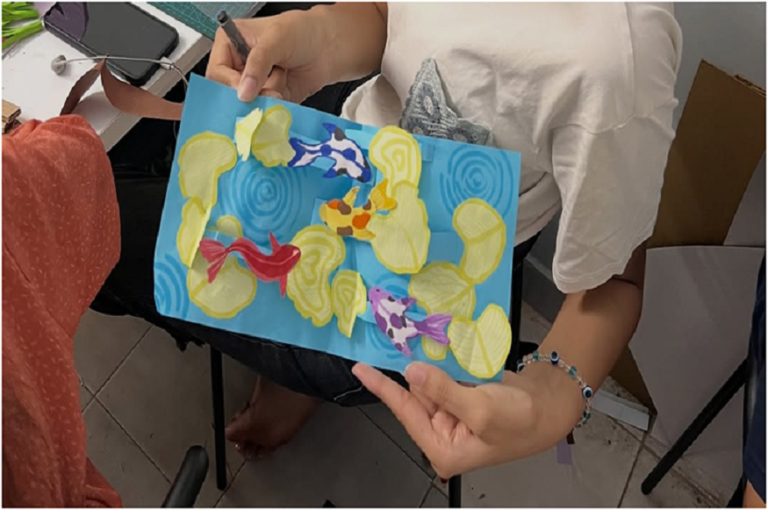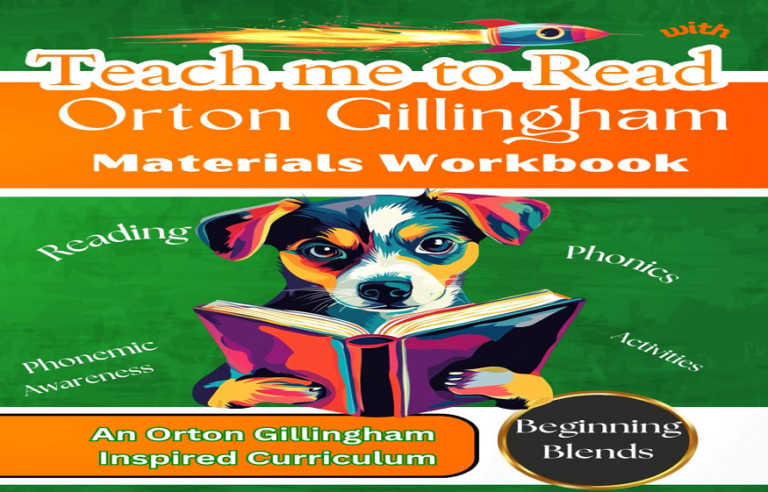
Are you soon going to take an exam or a competition that you have been thinking about for a long time? Having trouble navigating through reviews? Are you afraid of failure on the big day? This article will give you 4 key tips to succeed in obtaining your diploma in the best conditions.
5 tips for finding a summer internship
Prepare review sheets
The best way to revise for exams is to learn how to prepare a revision aid. These sheets allow you to review the important points of the modules of the program and to familiarize yourself with the subjects in advance.
It is strongly recommended to have a personalized file, so avoid copying the files of your colleagues. Indeed, a review sheet must be adapted to your pace of learning successful exam and your way of understanding. You can use simple diagrams and pictures to make your sheets easier to understand.
Make a revision plan
Defining a review schedule is an excellent way to organize your schedule and give yourself time to think about everything you have learned… Indeed, it is important not to leave the days preceding a rush exam.
A review schedule is a tool that will help you track your work and allow you to set priorities. When you set clear goals and work towards them, you will find that your review schedule will be much easier to complete.
A good pace of life throughout the review period is essential to pass your exams. No need to sleepless nights or spend all day obsessing over your classes. Opting for a good night’s sleep and favoring regular breaks help memorize the different information well.
Good nutrition is also necessary to have maximum energy. Finally, to avoid mental fatigue, you have to relax. The ideal is to plan walks and play sports every day.
Expert advice ”30-minute sessions interspersed with 5-minute breaks” Sébastien Martinez (2015 French champion from memory)
Avoid cramming
Your mind is a powerful tool, but it can also be dangerous. The last thing you need is to be unproductive while you study for your exams. If you know how to avoid cramming, you’ll get the best results on your exam.
When your brain is overloaded, it can get overwhelmed, leading to poor performance. To avoid this curling, it is best to revise different subjects in the same day. No need to bombard your brain with a thousand and one pieces of information in a day: cramming is the antithesis of learning and the opposite of information retrieval.
Many students lock themselves into a pre-established thought that the writing for the exam must be written with a certain expertise, a certain stylistic rigor, in order to show the corrector that we have been at a good school. If you are one of these students, start banishing this reflection from your mind!
The writing for the exam is a writing that is intended to be simple and encompassing. It is a literary writing taken in the second degree. It requires the choice of simple words stripped of any ambiguous phrase whose meaning is difficult to understand. The corrector really doesn’t have time to take a dictionary to look up the definition of a “rare” word that you ostensibly inserted in your assignment.
Instead of writing “Life is only a tangle of Byzantine adventures”, you will write “Life is sometimes complicated”. Do not seek to impress the reader, seek rather to account for your duty in a fair, simple way, in the methodological rules of teaching.
The form of the writing: legible and airy writing
Legible handwriting is more likely to capture the proofreader’s attention than confusing, unclear handwriting. The proofreader really doesn’t have time to try to distinguish between your letters. This is why you must form your different letters well when you write and avoid fanciful writing (insert a capital letter in the middle of a sentence). Put the accents on the “i, j, e, u…” if the word you are about to write has them. Make paragraphs fair, clear and concise ( read your methodology, or mine by looking for my old writings) . If all these parameters are respected, you will be on the right track to have a score of the most important.





